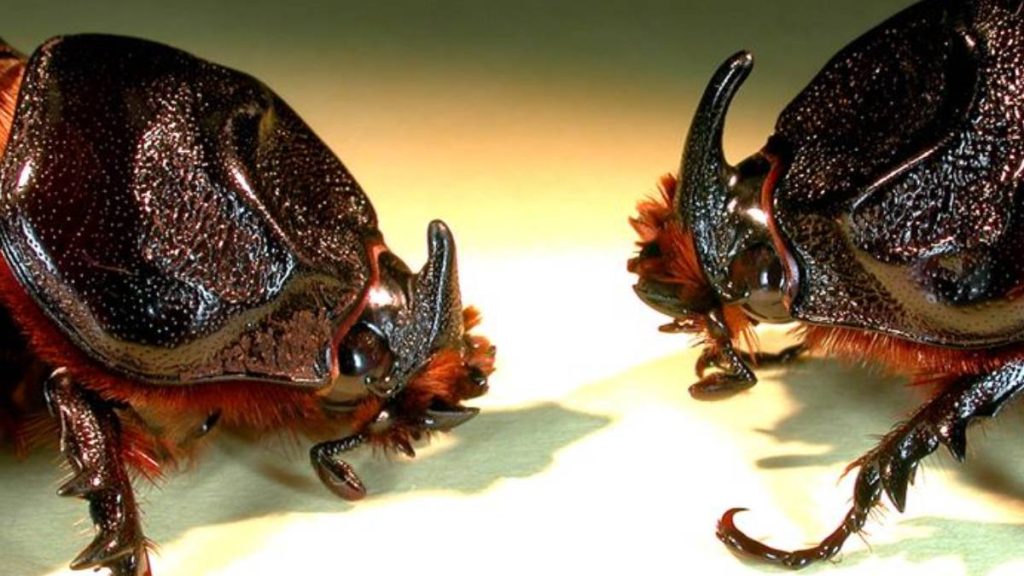Kaua‘i refuse stations’ chronic closures due to “antiquated” equipment; upgrades coming

Before Garden Isle residents with truckloads of trash or green waste head to a refuse transfer station, it has been a good idea lately to make sure they are open.
From early May through mid-June, the County of Kaua‘i has announced nine closures spread over all four of its refuse transfer stations, located in Hanalei, Kapa‘a, Hanapēpē and Līhu‘e.
These stations receive municipal solid waste and commercial waste, and are operated by teams of two or three people, seven days a week. The trash at each station is loaded into trailers and delivered to the Kekaha Landfill on the West Side of Kaua‘i.
The recent closures have caused services to be eliminated or limited for various lengths of time. The reason behind most of the closures has been the same: old equipment in need of repair.
“Closures have been due to equipment failures of refuse trailers that transport solid waste, trucks that haul the refuse trailers, and refuse transfer station compactor failures,” said Allison Fraley, the Kaua‘i Solid Waste Division’s environmental services manager.
“In the case of refuse trailers and trucks, these items have been repaired, and also undergo standard preventative maintenance servicing,” Fraley said. “The compactors at the Hanalei, Kapa‘a and Hanapēpē [refuse transfer stations] are antiquated, and will be replaced soon when upgrades to our [refuse transfer stations] are constructed.”

These upgrades will improve operating efficiency, reliability and capability to manage stormwater and prevent pollution when it rains at the facilities, according to Fraley.
The construction projects for these upgrades are scheduled to go out to bid this summer. Actual construction of the refuse transfer station improvements will take place in a phased rollout. In the meantime, the Kaua‘i Solid Waste Division will continue to service and repair the antiquated trash compactors.
Closures are exacerbated by the system’s weeklong operating schedule and supply chain shortages, according to Fraley.
The electrical equipment at the Hanapēpē refuse transfer station trash compactor blew out during a power surge in May.
“While the repair part is obsolete and no longer in inventory anywhere, we were able to source a suitable custom-made replacement part that is being manufactured,” Fraley said.
In the interim, the Hanapēpē refuse transfer station is accepting bagged trash until the repair is completed, which is estimated to occur in November.
In March, “muddy conditions” caused the closure of the Kapa’a station for green waste and metal recycling, and spring flooding also has led to temporary closures.
Meanwhile, green waste collection at the Līhu‘e refuse transfer station near the Līhu‘e Airport has resumed after a brief closure due to the on-site discovery of two coconut rhinoceros beetles.

The insects, found in late May and early June, are the first coconut rhinoceros beetles discovered in the State of Hawai‘i outside of O‘ahu.
Coconut rhinoceros beetles are an invasive species that can devastate palm tree populations when adult beetles bore into the crowns of the palms to feed on the trees’ sap. They are a major pest in India, the Philippines, Palau, Fiji, Wallis, Nukunono, American and Western Samoa and Guam.
Kaua‘i Invasive Species Committee project manager Tiffani Keanini on Wednesday said two additional beetles have since been found on-island. However, the beetles can still be stopped.
“With any early detection and rapid response, I remain optimistic,” Keanini said. “As long as we can get the resources out there and get the experts out there, to figure out all of the information … and what we need to do to immediately control it and stop it from having a larger impact on Kaua‘i.”



